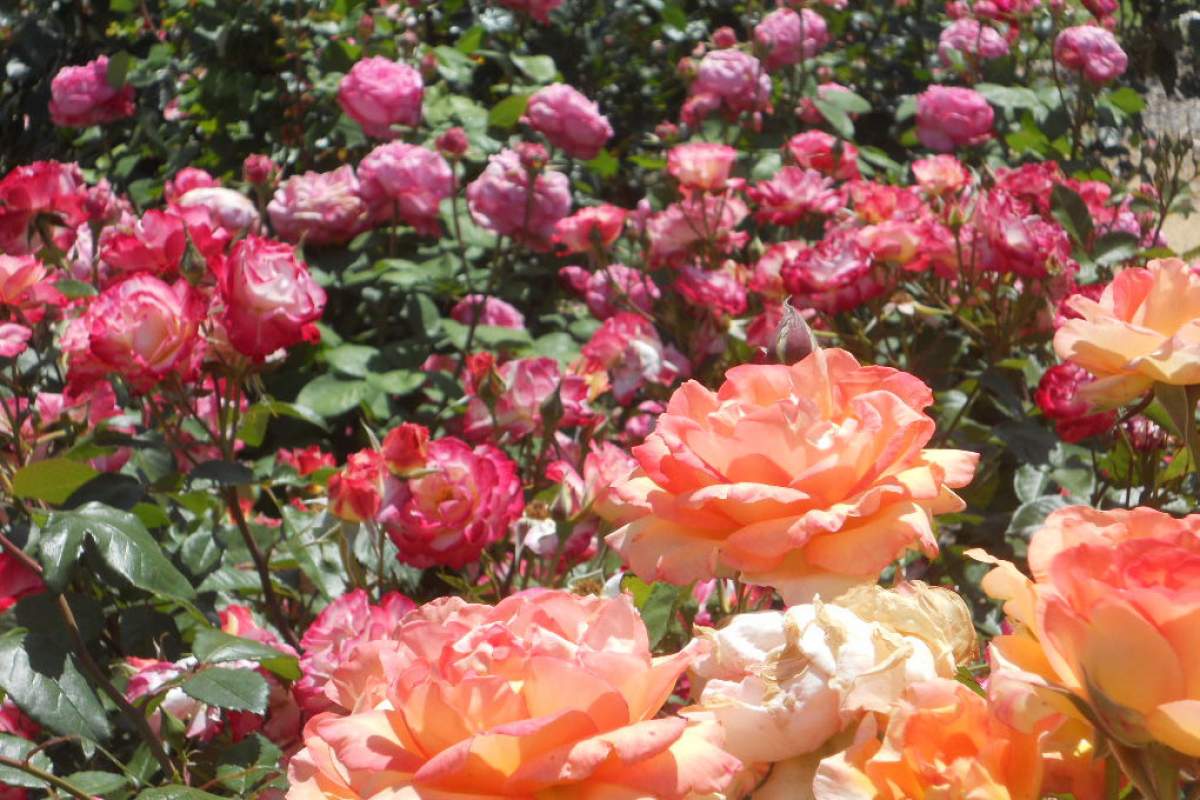
The natural fragrance of flowers counts among the simpler pleasures in life. The delicate aroma of a rose in bloom is something that does not require explanation; we enjoy it simply and intuitively.
In fact, to explain in scientific terms just what accounts for a flower's fragrant smell might ruin the experience. But we're gonna do it anyway.
The Science of Scents
A flower's unique smell results from a combination of chemicals, including a large family of molecules called terpenes. Many terpene molecules produced by plants are volatile, which means they vaporize, allowing us to smell them. Volatile terpenes contribute to the aroma of lemons, mint and turpentine, as well as many flowers.
A Rose By Any Other Smell
Although these odiferous chemicals were originally just by-products of photosynthesis, they evolved to play an important role in pollination. A mutant gene causing a particular flower to smell might have given that flower a reproductive advantage by attracting insects necessary for pollination.
Over time, certain species of flowers developed unique smells to attract particular insects. For example, sweet-smelling flowers such as roses are engineered to attract butterflies. Some flowers even smell like rotting flesh in order to attract flies–not exactly the best choice for a corsage!
Knowing the science behind flower fragrances may make your olfactory senses even more keen. If not, clear your mind, inhale, and simply enjoy.









